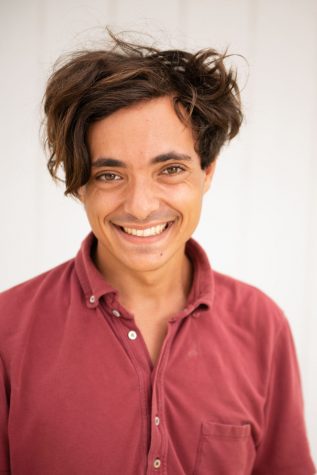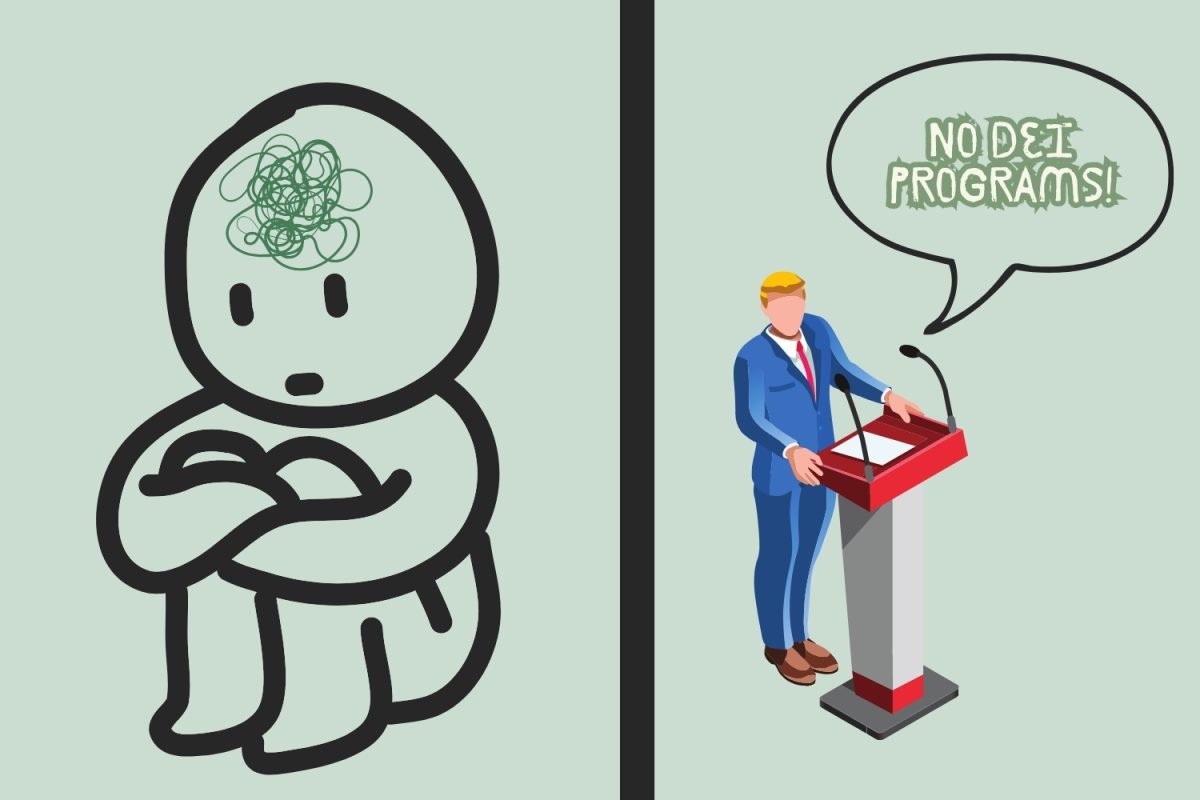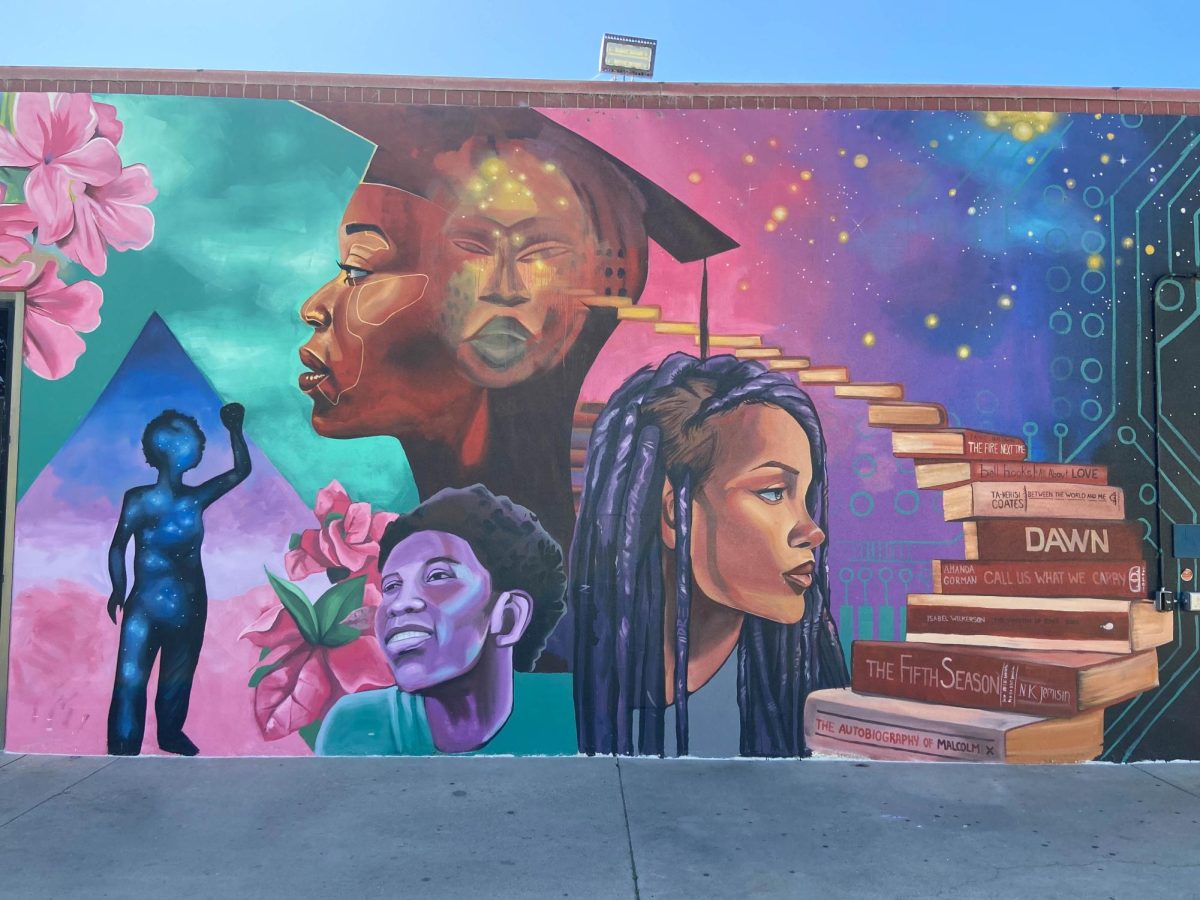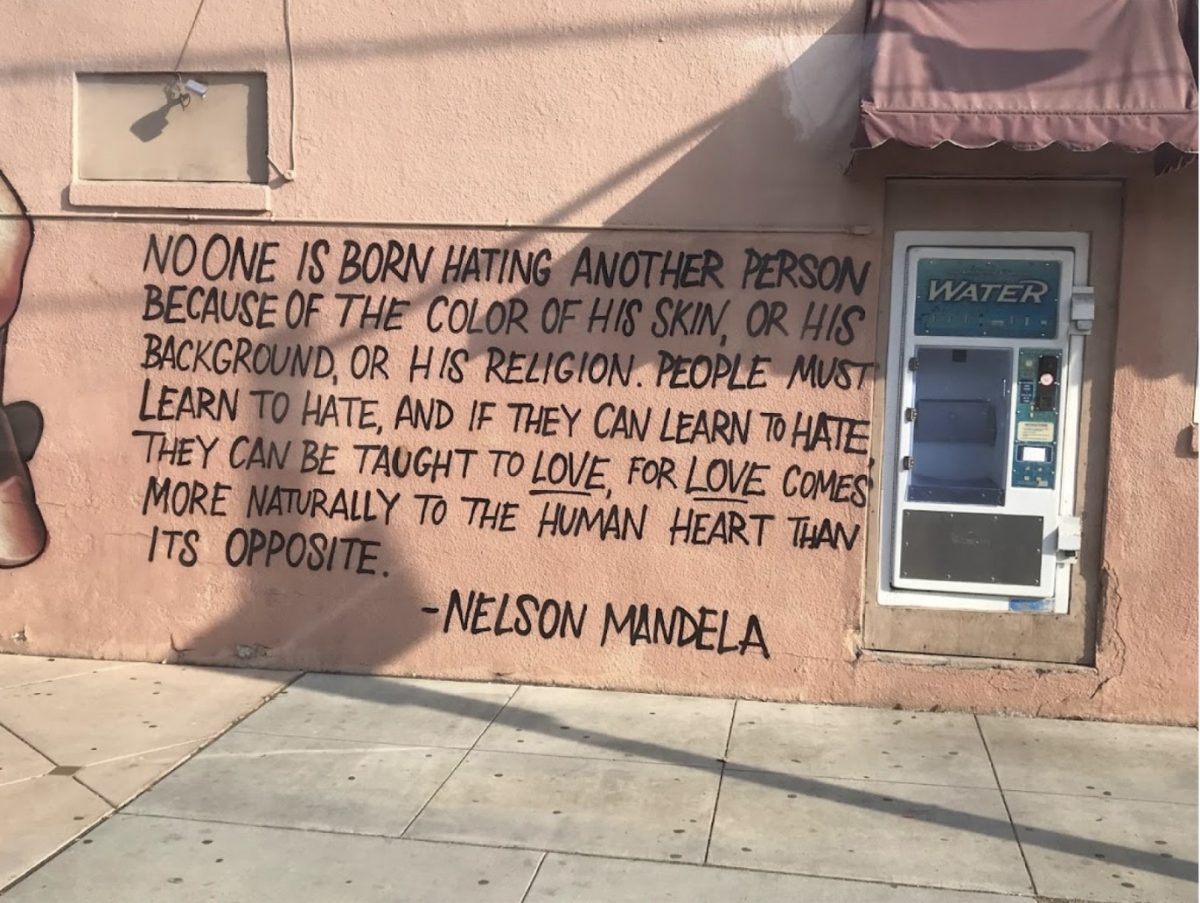
I always hated hospitals, and terminal patients terrified me, but it wasn’t until I was forced to face these fears that I ended up making one of the best friends of my life.
Her name was Laurie Ranohoff and they had found a lump that had spread to her lung, but she was too old to operate on.
I wasn’t wary of hospitals because I thought that I might accidentally trip over and unplug someone’s life support system, and I knew that stomach ulcers weren’t contagious.
Rather, seeing the terminally ill had a way of forcing me to recognize my abilities to do the little things like picking up a fork or walking. This only made me feel more guilty about myself.
You can imagine my feelings of dread and horror when I was told of my mother’s hospitalization for a kidney infection.
I remember being guided through a long, luminous, sterilized hallway by a stern nurse carrying a clipboard.
My father, two older sisters and I were visiting my mother who had recently been released from the intensive care unit at the hospital after an undiagnosed kidney stone demanded a speedy removal.
“Something FUNNY?” my father suddenly yelled, snapping me back into reality. Glaring at my two sisters he asked again, “You two think something’s funny, do you?”
It was then I saw my sisters, hunched over with their hands clamped over their mouths and noses, trying to conceal their laughter as an elderly woman in a blue hospital gown walked down the hallway towards us.
She seemed unaware that she tooted with every step.
I’d never seen my father, usually a patient and understanding person, react so violently to anyone.
I was frightened and needed some time alone and made some excuse about having an upset stomach.
The nurse nodded and directed me down the hall to the restroom.
I started walking, gaining speed with every step.
All I could think about was how uncomfortable I was.
How could I deal with seeing my mother at this point?
After calming myself down, I left the bathroom to make way back to my family.
Suddenly I heard a loud crash, followed by a long, high pitched “ooooh!”
At the opposite end of the hall, I saw the same woman my sisters had laughed at.
She had somehow fallen and could not get up.
Without thinking I bolted towards the woman in hopes of assisting the staff that had swarmed to help her.
I felt helpless as I just stood there watching them hoist the woman onto a gurney.
They wheeled her off, assuring her that everything would be okay. They shooed me off and I drifted away, reflecting on what I just witnessed.
When I finally found my family, a nurse that carried the elderly lady away approached me, saying that the woman wanted to see me.
I was worried she’d be angry that I didn’t do enough to help her.
The nurse led me to her room.
When we got there the woman, Laurie Ranohoff, smiled at me.
Between her smiling at me and the gassy smell that permeated the room I was totally knocked off guard.
“I saw the way you ran to my aid after my fall,” I remember her saying. “How thoughtful you must be.”
Ranohoff changed my life that day.
She broke through my thickened, shy exterior and managed to strike up a conversation with me.
As it turned out, we had a lot in common.
We became fast friends, and I visited her at least once a week after that.
She died later that summer on September 3, but I will never forget her and what she did for me.











